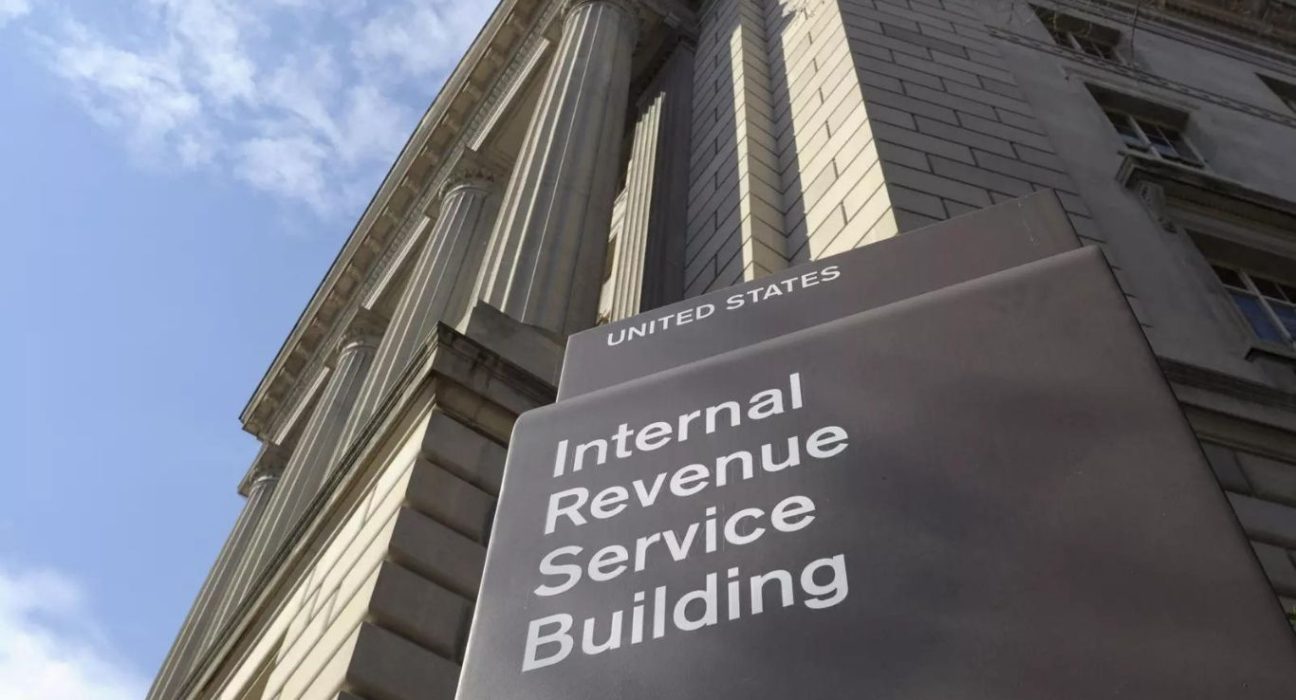The US Internal Revenue Service (IRS) has proposed to collect tax from non-fungible tokens (NFTs) by treating them as collectibles, according to a statement released on March 2. The agency has asked for public opinion on the matter, which will be used to inform future guidance on the tax treatment of NFTs.
Under the proposal, the IRS would oversee the treatment of NFTs as collectibles by using a look-through analysis. This means that the agency would consider the underlying asset or property that an NFT represents, rather than treating the NFT itself as a separate asset.
What are Collectibles?
According to the IRS, collectibles are defined as “works of art, rugs, antiques, metals (such as gold, silver, and platinum bullion), gems, stamps, coins, alcoholic beverages, and certain other tangible personal property.” Collectibles are subject to a maximum capital gains tax rate of 28%, which is higher than the maximum tax rate for other assets such as stocks or real estate.
What Does this Mean for NFT Collectors and Traders?
The IRS proposal has implications for NFT collectors and traders, who may now be subject to capital gains tax on their NFT transactions. This means that if you sell an NFT for a profit, you may have to pay tax on the gain, just like you would with other assets such as stocks or real estate.
It’s important to note that the IRS proposal is still in the early stages, and it may be some time before any formal guidance on the matter is issued. Additionally, the agency has asked for public input on the proposal, which means that there may be some changes or modifications to the final guidance based on feedback from stakeholders.
Conclusion
The IRS proposal to tax NFTs as collectibles has important implications for collectors and traders in the space. While the proposal is still in the early stages and subject to public input, it’s clear that NFTs are now on the radar of tax authorities. As the NFT market continues to grow and evolve, it’s likely that we’ll see more regulatory and tax-related developments in the future.










